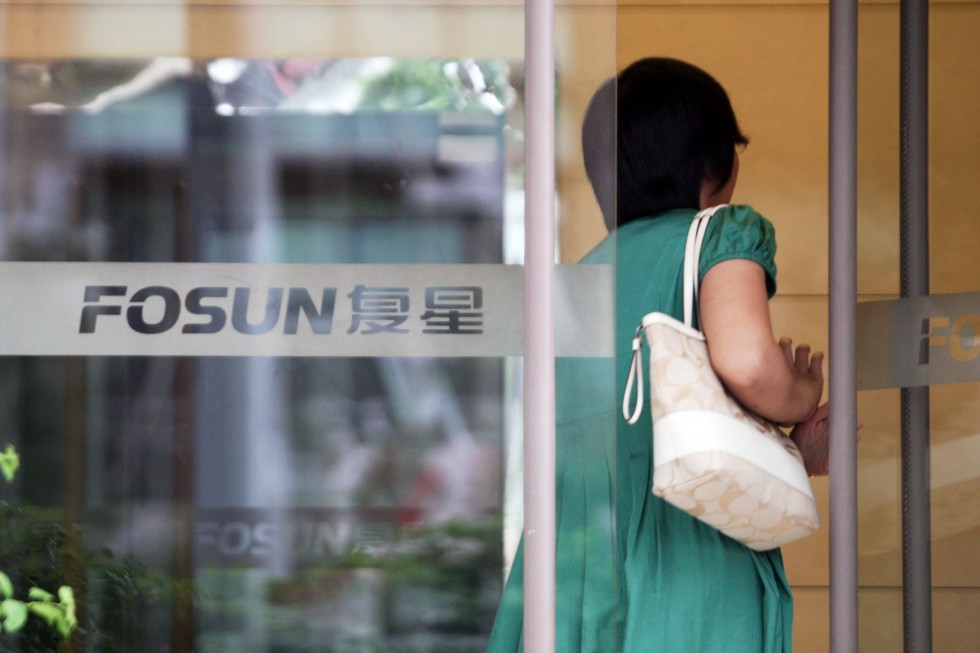Mumbai: Shanghai Fosun Pharmaceutical (Group) Co. Ltd, the Hong Kong-listed company controlled by billionaire Guo Guangchang, said it had submitted a non-binding proposal to acquire a 96% stake in India’s Gland Pharma Ltd.
Private equity firm KKR and Co. owns a significant minority stake in Gland Pharma.
On 9 May, Fosun Industrial Co. Ltd, a unit of the Chinese drug maker, made a non-binding proposal to existing shareholders of Gland Pharma, the company said in a statement to the Hong Kong stock exchange on Monday.
Fosun’s bid for a controlling stake in Gland Pharma is a rare instance of a Chinese drug maker seeking to buy an Indian company. Foreign investments from China have long been viewed with suspicion in India.
“As at the date of this announcement, the non-binding proposal is still in a bidding process on a non-exclusive basis, which shall be confirmed by the relevant parties pending the selection and acceptance by the existing shareholders of Gland,” the statement said.
In the event that the non-binding proposal made by Fosun Industrial is successful, “it will enhance and improve the Group’s drug manufacture and research and development capacity and the degree of internationalization,” it added.
US pharma major Baxter International Inc. has emerged the front-runner to buy Gland Pharma for over $1 billion, The Economic Times reported on Thursday.
In 2013, KKR spent around $200 million to buy an undisclosed stake in Gland from Evolvence India Life Sciences Fund.
Advent International, Baxter and Torrent Pharmaceuticals Ltd are among contenders for Gland Pharma, Reuters reported last month.
An Advent spokesperson declined to comment. Gland Pharma, Baxter and Torrent Pharma did not respond to e-mails seeking comment. A KKR spokesperson didn’t respond to an e-mail.
Established in 1978 and based in Hyderabad, Gland Pharma develops and manufactures generic injectables, primarily for the US market. It also sells its products in India and other semi-regulated markets. Its manufacturing facilities are approved by the US and UK drug regulators.
Shanghai Fosun Pharmaceutical ended 2015 with revenue of $1.9 billion. Its market value was $8.3 billion as of 31 December 2015.
If the deal materializes, it will be KKR’s second exit in India in 2016. In March, KKR sold its 80% stake in Netherlands-based Alliance Tire Group, promoted by Indian entrepreneur Yogesh Mahansaria, to Yokohama Rubber Co. Ltd in a deal that valued the company at $1.2 billion. KKR had invested in Alliance Tire in 2013 at a valuation of $600 million.
Several Indian injectable makers have attracted interest from foreign buyers. In 2013, Bengaluru-based Strides Arcolab Ltd sold Agila Specialties, its injectable drugs unit, to US-based Mylan Inc. for a total consideration of $1.75 billion.
The global market for injectables was estimated to be around $300 billion in 2014. The US accounts for around 35% of the market. The Indian market is estimated to be around $2 billion.
The generics market is smaller but no less interesting.
“The global generic injectable market is $17 billion and is of significant importance in the value chain,” said Narayan Shetkar, director, Singhi Advisors, a Mumbai-based boutique investment bank. Given supply constraints, most global companies would be very interested in buying a maker of generic injectables and pay a sizeable premium, he added.
Big Pharma has been active in the M&A (merger and acquisition) space in India.
In November last year, US drug maker Mylan Inc. completed its $750 million acquisition of the women’s healthcare businesses from Mumbai-based Famy Care Ltd.
In October, Sweden’s Recipharm AB announced plans to acquire a majority stake in Nitin Lifesciences Ltd, an Indian sterile injectables contract manufacturer, for about $100 million.
“The pharma, healthcare and biotech sector has seen high levels of activity in the M&A space during 2015. The transaction volumes have been the highest in the last five years. In 2015, 65 M&A transactions valued at $4.04 billion were executed as against 64 transactions valued at $5.7 billion in 2014,” according to advisory Grant Thornton’s Annual Deal Tracker in 2015.
